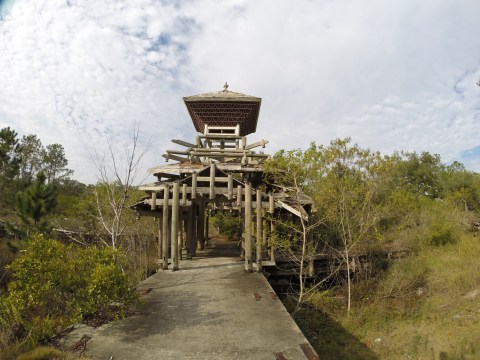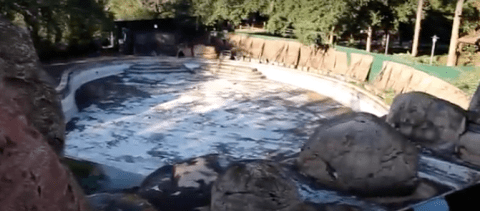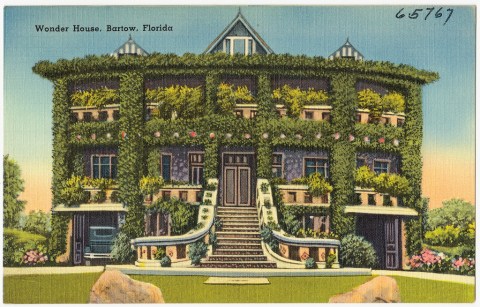Visit These 8 Fascinating Ghost Towns In Florida For A Glimpse Into The Past
Most people think of ghost towns as creepy reminders of our mortality, but some would say these ghost towns in Florida are more interesting than scary. Either way, these remnants of our past are a great way to explore Florida’s fascinating history.
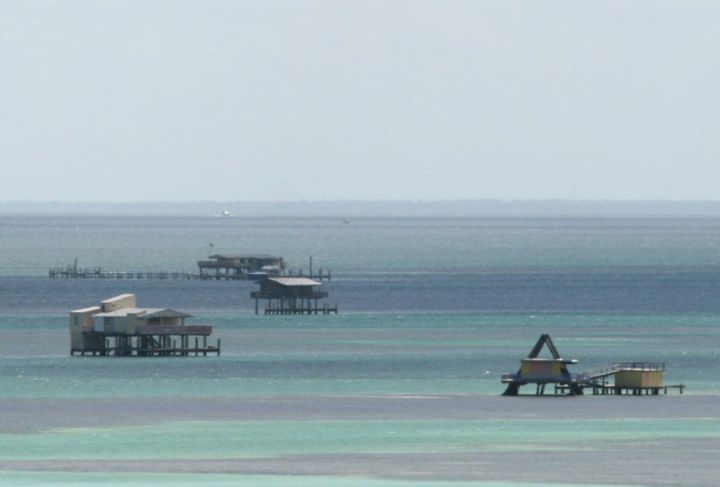
By most accounts Stiltsville began in the 1930s as several offshore clubs cropped up a mile south of Cape Florida in Miami-Dade County. These clubs were popular hangouts for all kinds of wealthy and influential people seeking to indulge in vices such as gambling until a hurricane in 1965 damaged the community beyond repair. The remaining seven houses are maintained and protected by the National Park Service. Currently only the exteriors can be viewed, and the interiors are off limits.
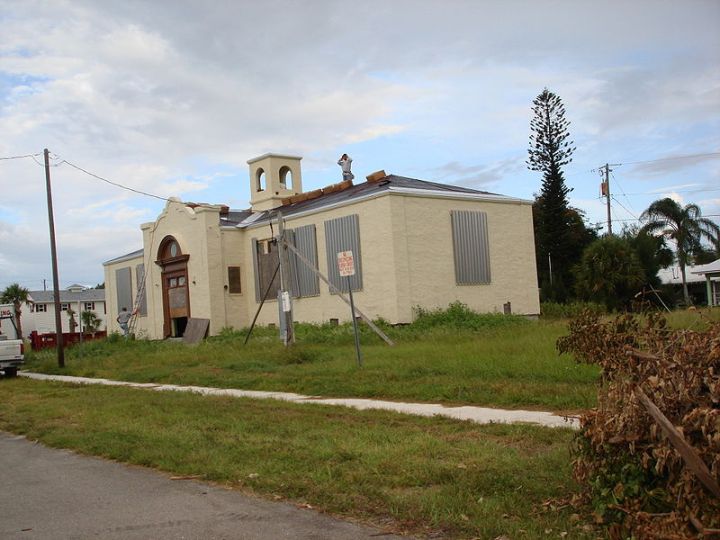
During Florida's land boom in 1920s, the Olympia Improvement Corporation decided to make Hobe Sound, FL, into a Greek-style town for the purpose of producing motion pictures. The land boom crashed, and the city went back to being Hobe Sound, with only a few remaining structures and street signs to remind us of Picture City.
Advertisement
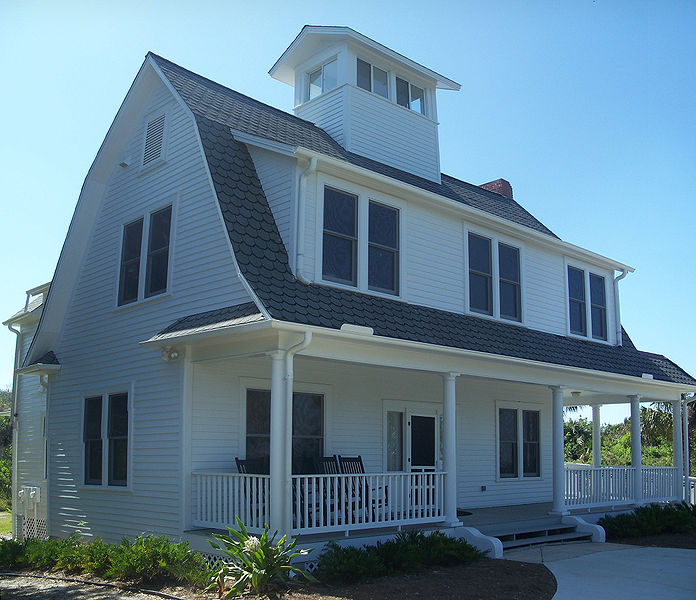
Eldora was a prosperous orange grove community in the late 1800s in Volusia County until a freeze destroyed its crops and led to its decline. The Eldora House, pictured here, is one of only two remaining buildings and now holds a museum.
Advertisement
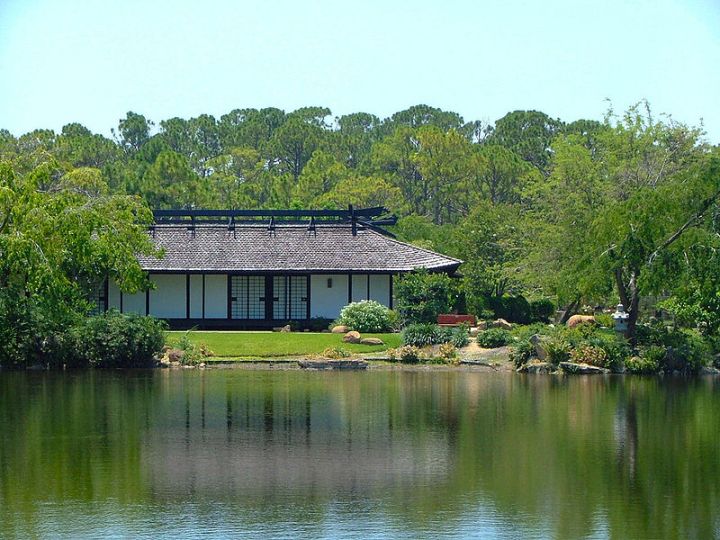
The Yamato Colony was an attempt at a Japanese farming colony in the early 20th century in what is now Boca Raton, FL. For various reasons (including the farmers' being dispossessed in WWII), the colony did not succeed. Its last member to remain nearby, George Morikami continued farming in Delray Beach and eventually donated his land to become a park in memory of the colony. The Morikami Museum and Japanese Gardens continues to educate the public on the Yamato Colony and Japanese culture to this day.
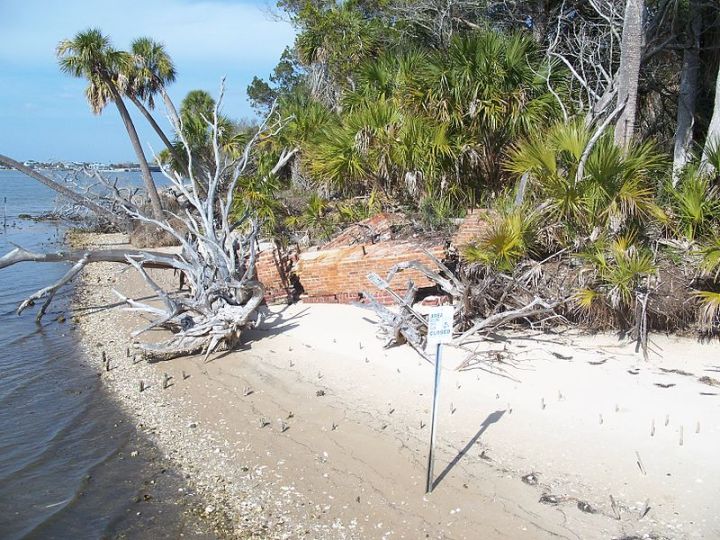
This barrier island near Cedar Key was the original location of the settlement. The island has a long history but officially became a town in 1858 and had a thriving lumber mill and fishing industry. A hurricane in 1896 wrecked the town and most of the inhabitants moved to what is now Cedar Key. Atsena Otie now includes a swimming area, trail, and the ruins of the Faber pencil mill.
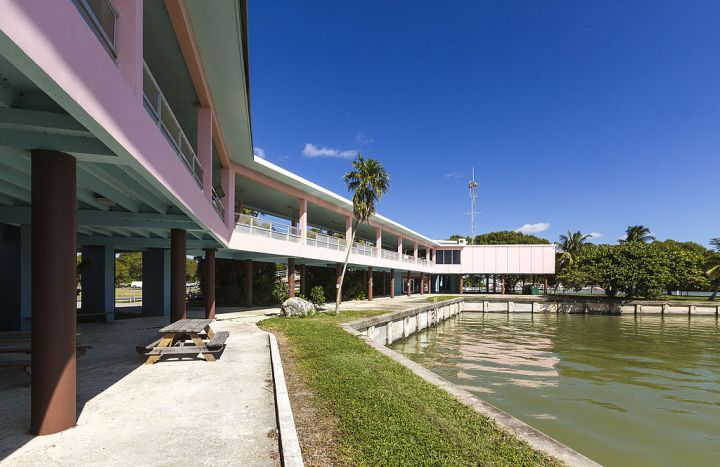
This town at the southern tip of the Everglades reached its largest size at the turn of the 20th century, despite being a very difficult place to live. The population dwindled soon afterward, but the abandoned buildings found there now are remnants of its revival as a campground and tourist spot in the '50s, until it was severely damaged by Hurricane Wilma in 2005. There are plans to rebuild, however, they've been put on hold due to lack of funding.
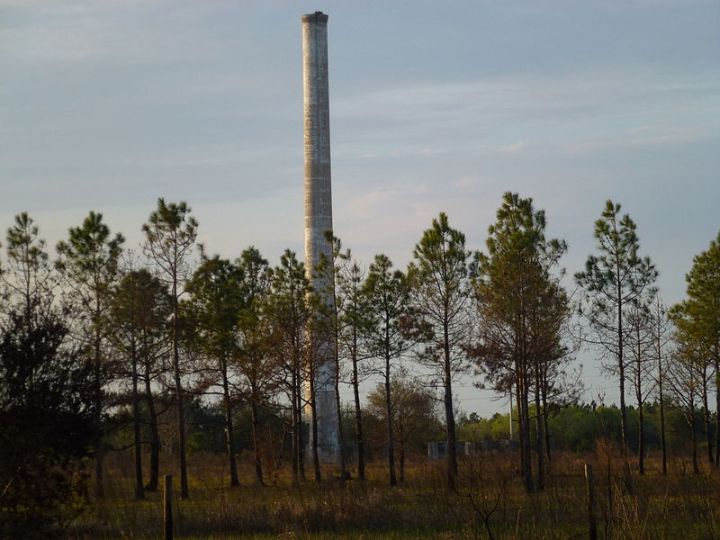
Brewster was founded in 1920 as a phosphate mining town, but was shut down and awarded to the state after American Cyanamid lost a judgment over environmental damages. John Vincent Atanasoff, inventor of the digital computer, grew up in Brewster. Some ruins of the town, including this smokestack, can still be found in southwest Polk County.
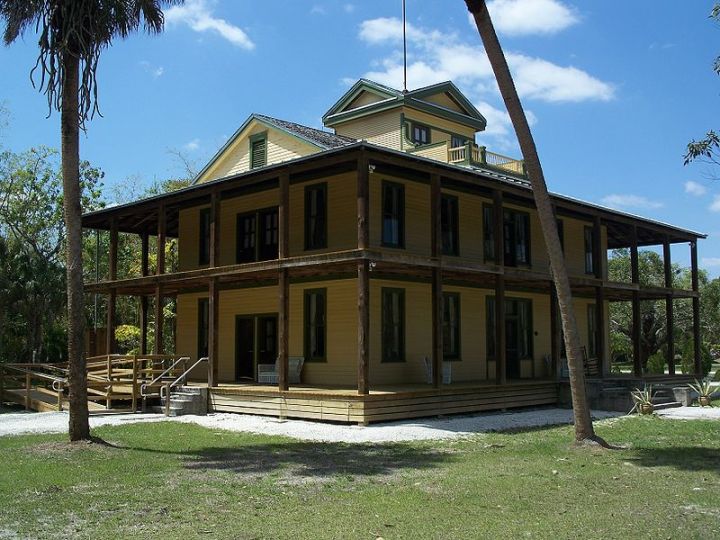
The Koreshan Unity was a religious community that settled in Estero, FL, in 1894. They held the belief that the Earth was hollow and humanity lived on the inside of its shell. Visitors can tour the historic grounds and even stay at the campground.
What do you think about these ghost towns? Please leave your comments below!
OnlyInYourState may earn compensation through affiliate links in this article. As an Amazon Associate, we earn from qualifying purchases.


